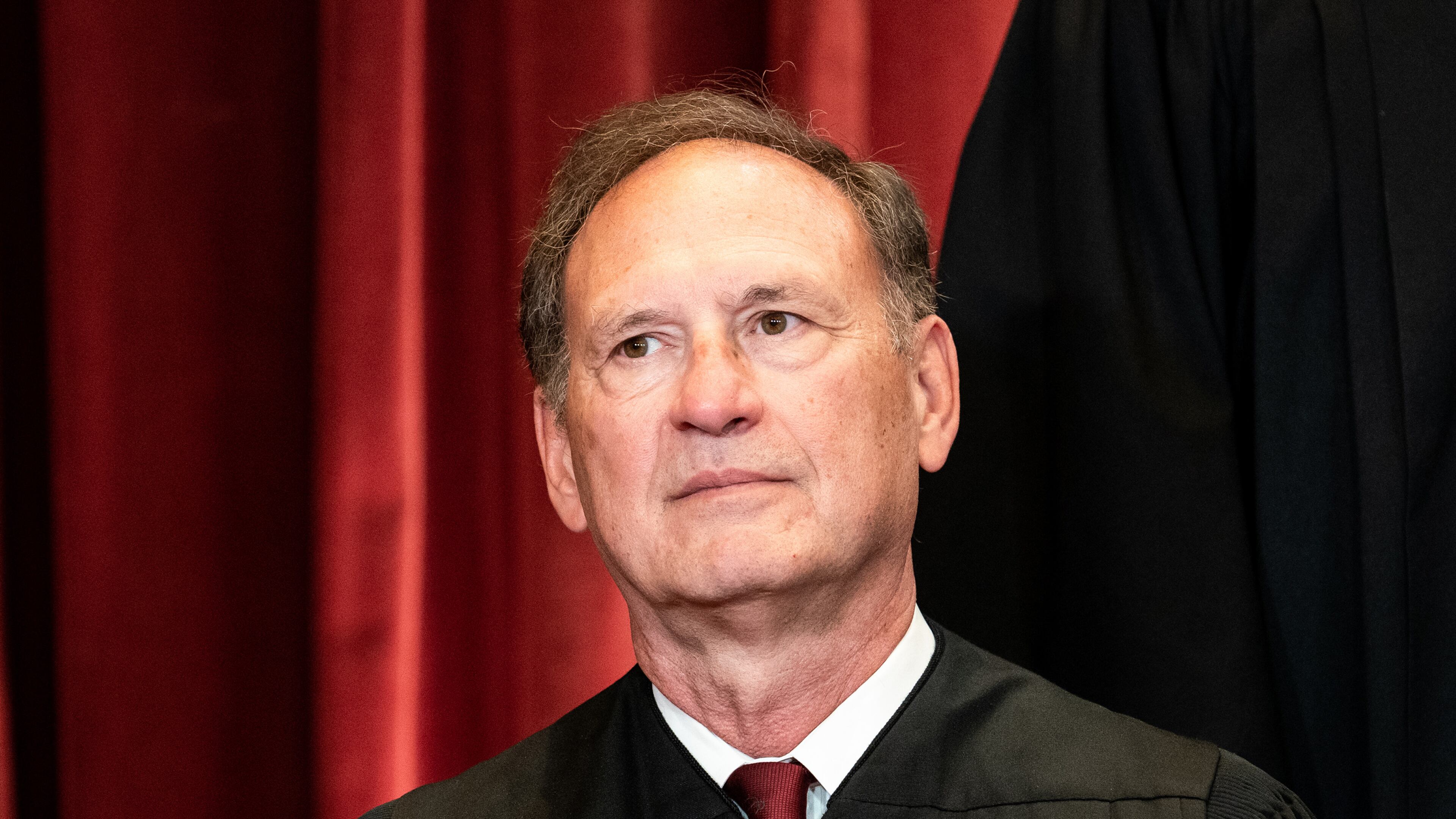Opinion: Supreme Court still dogged by ethics questions

The headlines in late June from the U.S. Supreme Court are normally about major rulings and decisions. A year ago, it was the blockbuster ruling on abortion which overturned the landmark Roe v. Wade decision.
But in recent months, the Court’s work has been overshadowed by ethical questions, after a series of stories that detailed how some Justices accepted free gifts, private jet travel, and vacations from very wealthy conservative figures.
The latest to go under the microscope is Justice Samuel Alito. ProPublica reported this week that Alito took a luxury fishing vacation in Alaska thanks to a GOP mega-donor who later had cases before the Court.
Let me be very clear. No other top official in the federal government could take a trip like this, paid for by someone else.
The only exception is if you are one of the nine Justices on the U.S. Supreme Court – then, it’s okay.
“Judges should avoid any conduct that can lead to even the appearance of a conflict of interest,” U.S. Sen. Jon Ossoff said at a Senate hearing focusing on the need for an ethics code at the U.S. Supreme Court.
If you’re reading this and thinking that this sounds familiar, it is.
Just two months ago, it was Justice Clarence Thomas who was under scrutiny for years of luxury trips and vacations around the globe — all paid for by one Texas billionaire.
Before that, there were questions about travel, expensive vacations — and who picked up the tab — for the late Justice Antonin Scalia.
On Capitol Hill, Republicans have mainly defended Alito and Thomas, and rebuffed any calls for change — with some saying Congress has no power at all to impose ethics requirements on the Justices.
Meanwhile, Democrats say the revelations scream out for ethics reform at the Supreme Court.
“Congress must impose ethics, recusal, and transparency standards,” said U.S. Rep. Hank Johnson, D-Lithonia. “Justices should not be taking luxury vacations with billionaire friends who have business before the court. Period.”
Maybe the most bizarre thing this week was Justice Alito writing an op-ed in the Wall Street Journal to defend himself — even before the article about his free travel had been published.
That’s a move a politician or a smart Capitol Hill staffer might make — not a judge.
The bottom line here is pretty simple. The Supreme Court plays by different ethics rules.
Maybe — just maybe — that’s not the best idea.
Jamie Dupree has covered national politics and Congress from Washington, D.C. since the Reagan administration. His column appears weekly in The Atlanta Journal-Constitution. For more, check out his Capitol Hill newsletter at http://jamiedupree.substack.com


